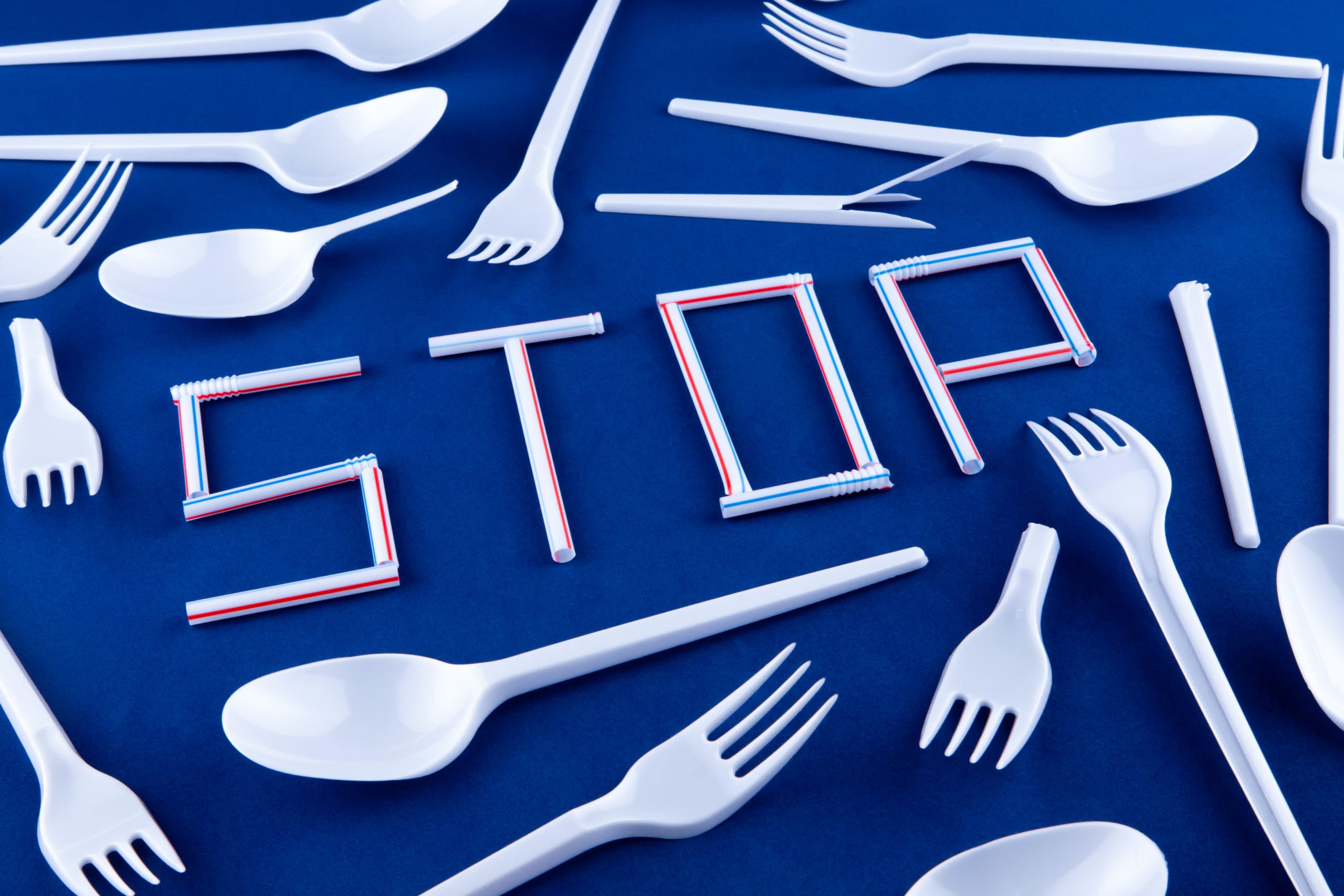Dr Pam Yeow, Reader in Management at Birkbeck, responds to the news this month that the UK government is banning single-use items, such as plastic cutlery, plates and trays.
This month, the UK government announced further moves to reduce the consumption of single-use plastic. This latest move includes the ban of plastic items relating to takeaway food and drink such as single-use items like plastic cutlery, plates and trays.
On the one hand, every effort counts, and therefore the potential for removal of 1.1bn single-use plates and 4.25bn pieces of cutlery is significant; however I’d suggest that this does not go far enough.
Greater awareness and improved technology in this area has led to the creation and eventual establishment of sound alternatives to single-use cutlery and plates. For example, compostable paper cutlery and plates, bamboo and wood cutlery, and the encouragement of ‘bring your own’ (coffee cups and metal straws). These innovations have led to the normalizing of alternative options to single-use items. This can only be a positive move forwards.
However, as with many of these decisions post-consultation on such proposals, this move to ban single-use cutlery and trays is not as comprehensive as it ought to be. The ban will not include plastic cutlery and plates from supermarkets and shops, just like the loophole in 2014 when the UK government first proposed the 5p charge on single-use plastic bags in England but imposed it on larger stores and supermarkets and not local takeaways and standalone shops, and eventually moved to the current guidance of “all retailers of all sizes must charge for single-use carrier bags”.
Beyond efforts to change individual behaviours in recycling, reducing and reusing, current infrastructures are set up ways that are non-user friendly, meaning individuals in households are not able to embark on recycling, reducing or reusing single-use plastics as there is much inconsistency. A recent study completed with Haringey Council highlights the tensions that exist between the council’s implementation of waste management and the experiences of residents.
The climate emergency is accelerating and awareness amongst the general public is finally here. Many governments and industries are working towards goals like net zero and cleaner consumptions. However, there must be a coherent and consistent strategy that brings together individual behaviour change with structural and infrastructure reform.
Further information




